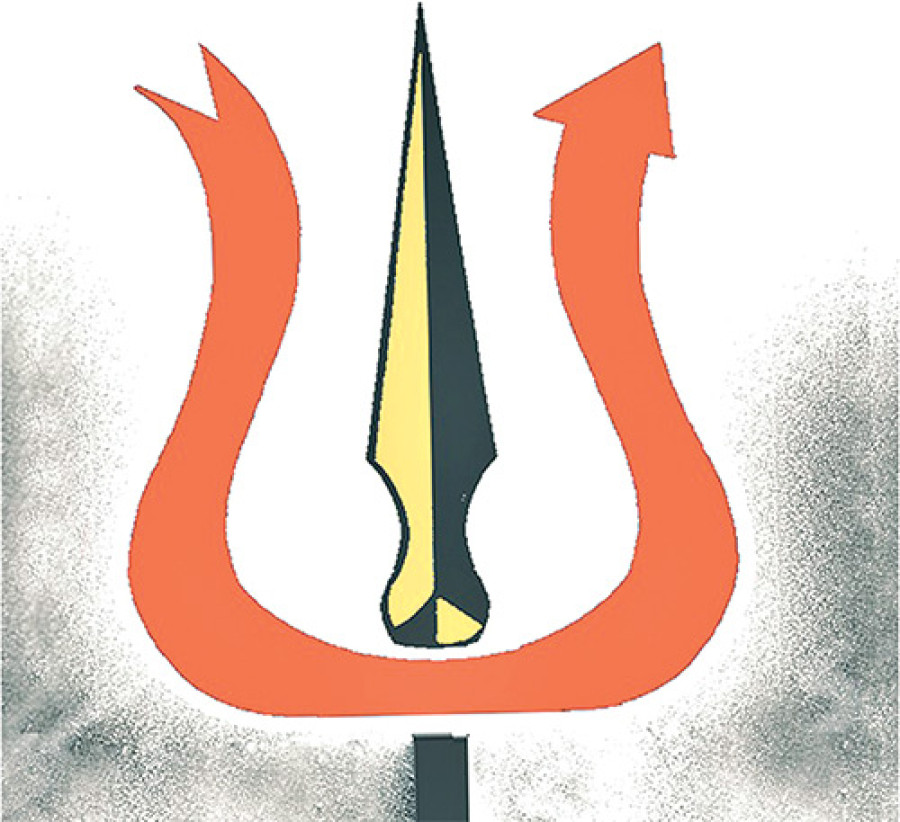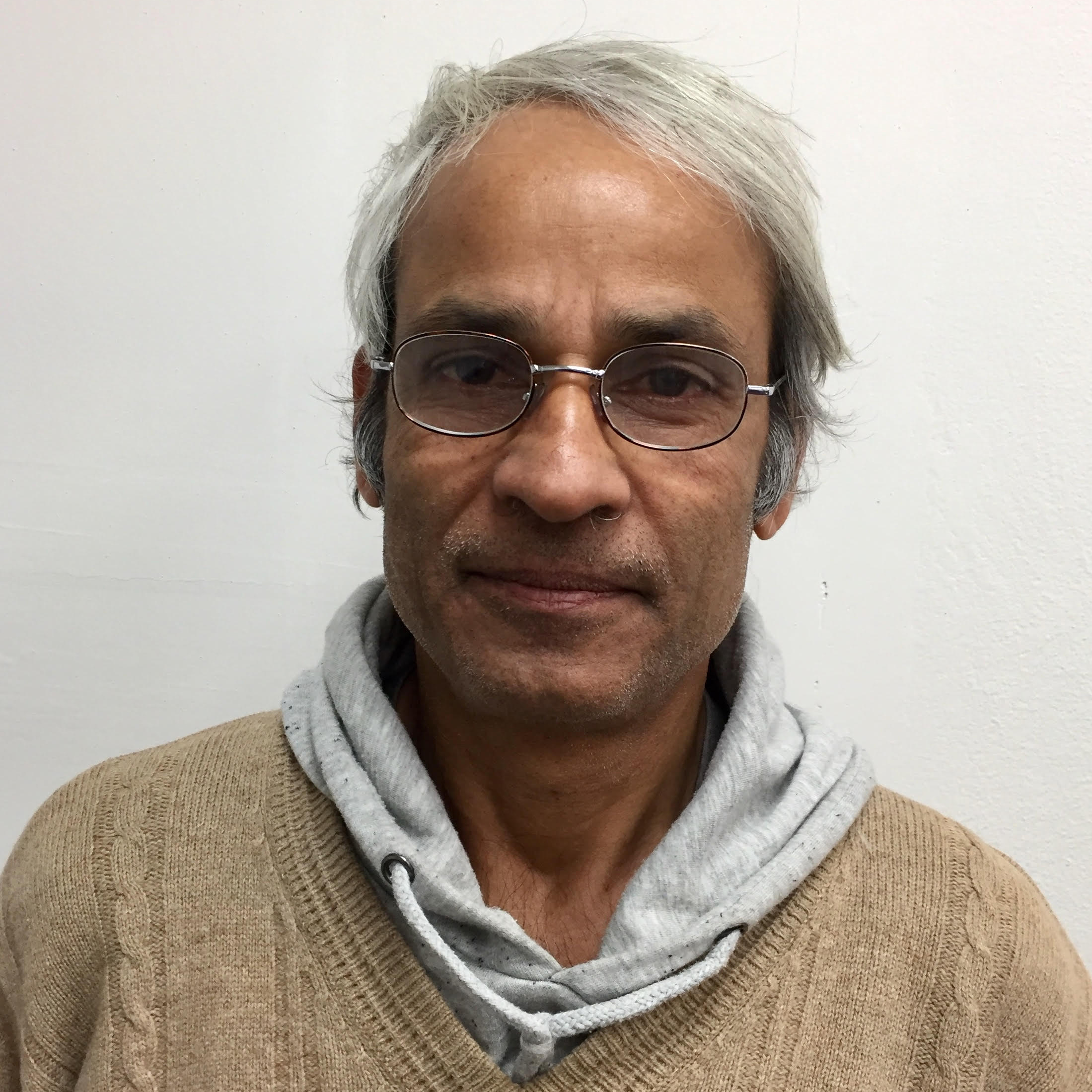Opinion
Mixing religion and politics
We are witnessing a kind of reverse trend in progressive development in politics and society, which is clearly against the tenets of modernisation theories.
Jagannath Adhikari
We are witnessing a kind of reverse trend in progressive development in politics and society, which is clearly against the tenets of modernisation theories. These theories say that as society modernises with democratisation of politics, religion is pushed back to the individual level. The recent state election results in India and, in particular, the rise of an ascetic Hindu priest advocating Hindutva in Uttar Pradesh (UP), a major Indian state bordering Nepal, is a case of antithesis of the modernisation theory. This is not an isolated case though: this has been seen across the globe in recent times, albeit in an indirect manner.
An important question for political analysts should be how this political development in India, that is, the mixing of the Hindu religion with politics, will influence Nepal’s politics. It needs no mention that there is also a growing interest among some people in Nepal in bringing back Hindu religion into state politics. The second Constituent Assembly election witnessed this trend to some extent. In the coming elections, it is likely that this will be an important issue, and that some political parties could make this a major agenda.
Emphasis on basic needs
It will also be relevant to analyse how Yogi Adityanath influenced voters in UP and convinced them to support his agenda. Examining his speeches in Parliament and interviews with the media and what he said during the election campaign, it appears that he wants to polarise Hindus and non-Hindus, and then convince Hindus, not from a religious perspective, but by arguing that the UP government and other political parties have failed to provide basic services to the people. He seemed to have been emphasising for a long time that people in general have not got drinking water, electricity, transport facility, education, health services and jobs because of corruption and nepotism.
An ascetic raising such basic issues could appeal to people because they know that politicians with families generally tend to indulge in corruption so that they can accumulate enough wealth to last several generations. This is more so in South Asia, and it is something we have been witnessing in our daily lives. In a way, this is universal unless checked by rules and regulations and moral education. Otherwise, Marx would not have said that family and private ownership of property are the biggest sources of corruption.
After emphasising people’s basic needs, a rather secular agenda, Yogi Adityanath takes a stand that these services should be accessible to all irrespective of who make up a majority (namely Hindus) or not (non-Hindus). He puts the message across that Hindus should not be penalised by not giving them access to basic needs just because they are a majority. For example, he has consistently argued in parliament or public speeches that electricity is supplied more often to non-Hindu areas and that Islamic masjids are allowed to use loudspeakers but not Hindu temples.
Avoiding minefields
Access to basic services and selective targeting of people for such services is a tricky issue. We do not know how far this was practised in reality in India, but Adityanath vehemently raised this issue, which was enough to polarise people. In Nepali society too, selective targeting of people for welfare or development services has brought some conflict in rural areas. There is clear evidence that such practices have put off many cooperative activities, because lines drawn to separate people for such targeting are often arbitrary, and there is no significant difference between people slightly above or below the line drawn to separate groups.
Drawing such lines based on caste and ethnicity would create a minefield, especially if this is done in the delivery of basic services. Given this situation, universal targeting is often considered to bring the best results. This is seen in development practices. Accordingly, the Bharatiya Janata Party (BJP) to which Adityanath belongs, has issued the slogan ‘Sabka saath, sabka vikas’ (together with all, development for all). This slogan seemed to have worked well for this party in this election—so much so that it is now seen that the Muslim population in UP too supported this slogan, and a theory that Muslims give silent support to the BJP is gaining ground.
The other issue connected to basic services is conversion of Hindus, especially poorer Hindus from supposedly lower castes, to religions like Christianity and Islam. While this is a non-issue for people who have converted to other religions, it is a big issue for middle and upper class Hindus. This led to the galvanisation of groups based on religion, a situation much savoured by Adityanath and his party.
Nepal is also passing through the same stage in terms of religious conversion. Some politicians have been raising this issue. It is certain that these politicians and their parties have been emboldened by the election outcome in India. Religious conversion in Nepal is also linked to basic services and needs. Many Christian missionaries that came with services like medical and other health support, education and jobs were able to change the religion of the people to whom they provided these services.
Caste discrimination is another reason for the growing trend of religious conversion in Nepal. If one looks at reports and writings issued by missionaries, one can clearly see statements saying that lack of basic services and caste discrimination has provided, and will continue to do so, a fertile ground for religious conversion. It is thus no wonder that the rate of increase in the number of followers of Christianity has been growing, even though the total population following this religion is very small.
The repercussions of religious conversion from Hinduism to Christianity are also being seen in Nepal, and this has become an issue, like in India, for the wealthy and the middle class. Accordingly, Hindu religious activities, construction of temples and public organisation of religious rites have increased. There is now a danger that this issue will be taken up by political parties. As there is already a groundswell of support for this, adequate precautions need to be taken to avoid a possible conflict situation.
Adhikari is a human geographer with an interest in development planning




 9.89°C Kathmandu
9.89°C Kathmandu










